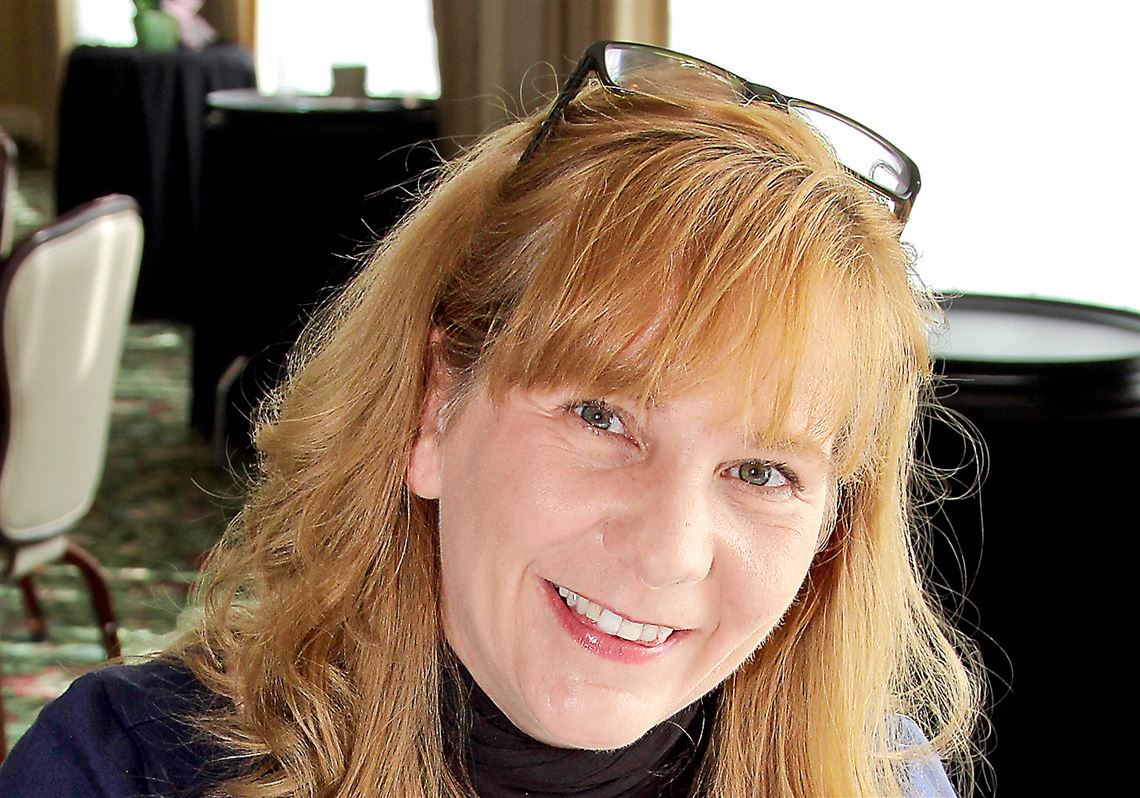If you travel in Pittsburgh’s literary circles for long enough, you’ll hear about Lori Jakiela. The professor of creative writing at the University of Pittsburgh at Greensburg is renowned locally for her vivid non-fiction. My first introduction to her was reading her new book, “Belief Is Its Own Kind of Truth, Maybe,” and I’m glad to say that her work more than fulfills her reputation. Although not flawless, this book is uniquely beautiful, wrenchingly sad, truly funny and honest in a way that will feel particularly powerful to Pittsburghers.
Atticus Books ($14.95).
The book is a memoir, telling the story of Ms. Jakiela’s adoption and her subsequent search for her birth family in her early 40s. Both her biological family and her adoptive family live in the region, and reading about such familiar sites as the Monroeville Mall and the fountain at the Point effectively focuses the book. If you travel the same highways and paths that Ms. Jakiela has for all her life, her writing crystalizes into something both new and familiar, allowing you to see an old haunt as if for the first time.
But Ms. Jakiela has also crafted a meditation, one that peers particularly closely (and for longer than perhaps initially comfortable) at motherhood. Flawed mothers populate her writing, from her own highly imperfect adopted mother to a biological mother who is deeply warped and unsettling. Ms. Jakiela also writes about her own children, admitting that they tired and trouble her. For all of us who have loved a child very much but also deeply resented their neediness, Ms. Jakiela’s writing hits home.
For someone who captures the richness of “ordinary” family life so adeptly, Ms. Jakiela is a spare writer. She can summarize a wealth of questions with a single phrase, asking, for example, “What kind of person goes on opening boxes that demand to stay shut?” about her attempts to get her birth mother to build a relationship with her. But this sparseness can feel like withholding, too, leaving the reader not quite sure about anyone’s feelings except Jakiela’s and, occasionally, not even those.
Still, the book reads like a dream. It’s rare to find literary writing that is so accessible, so interested in engaging the reader. Ms. Jakiela’s story is sad but also hopeful. Her parents and their troubles are gone, her birth mother angry and unable to be engaged, but the writer forms a relationship with her biological brother and sister. Even better, she seems to grasp how lucky or blessed she is in her own happy family of four. A loving family is its own kind of truth, and one that Lori Jakiela is willing to generously share with her readers.
Shannon Reed is a regular contributor to The New Yorker, McSweeney's and the Post-Gazette (www.shannonreed.org).
First Published: August 16, 2015, 4:00 a.m.














